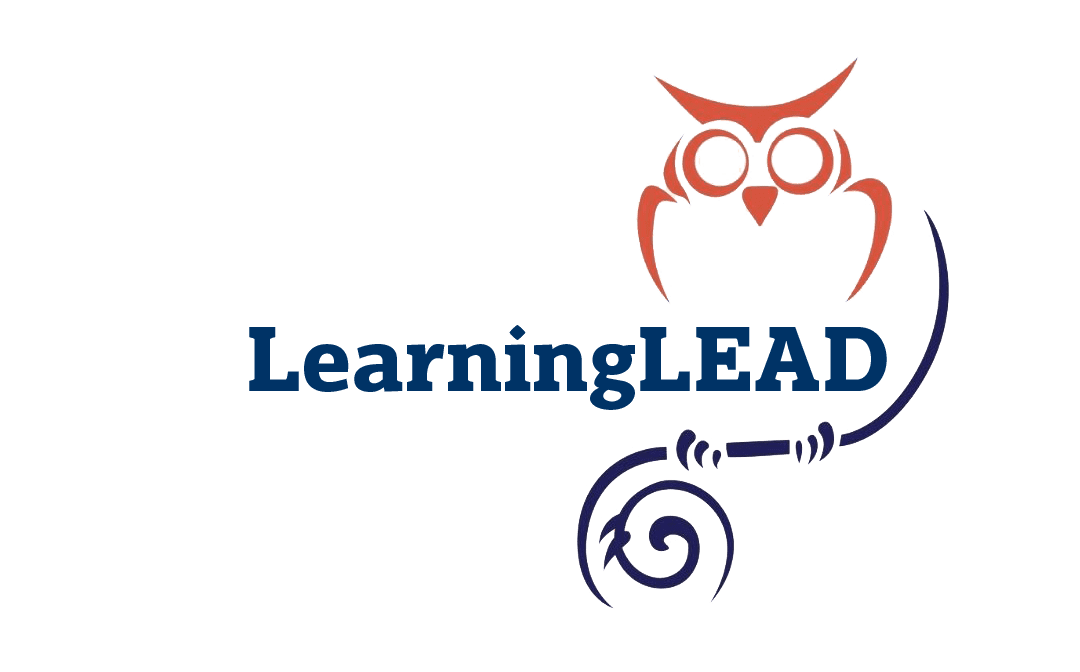Traditional or Agile? Here you will discover which to use when
Based on the Knowledge Areas from “A Guide to the Project Management Body of Knowledge” (PMBOK® Guide)* as well as information on trending concepts of Agile initiatives and leadership. Interactive discussions/exercises and the possibility to use real existing projects in the exercises!
Price for this course is 12665:- excl. VAT. There are rebates for early bird, number of delegates from the same organization and more.
Next Course Date:
- – ONLINE 5 hrs a day.
* PMBOK is a registered mark of the Project Management Institute, Inc.
You will learn how to
- create concrete project objectives
- set realistic reporting milestones
- engage stakeholders
- understand the different layers of requirements
- choose a relevant planning method, depending on requirements and type of initiative
- create a team out of a group of individuals prepare for reporting
- use risk management methods to help you govern and communicate
- finish correctly and in style!
3 Segments containing
Part I:
- Why/what constitutes a project?
- The environment
- Authority & responsibility, roles and governance
- Stakeholders, requirements and assumpltions
- Project Management 101: Time, Cost, Scope, and the remaining 7 knowledge areas.
- Project Management 102: models, methods, life cycles
Part II:
- Planning – what does it entail?
- Traditional vs. Lean/Agile
”Project management is not done alone”: the team and the SMEs (subject matter experts) - Planning of deterministic projects
- Planning of projects/initiative of a more diffuse nature, such as R&D and feasability studies (adaptive/agile)
- The connection of planning and follow-up
- Project Management 103: The classic WBS, and Lean/Agile methods of planning
Part III:
- Estimation: traditional and agile
- Work is time is money
- An insight into risk management
- Execution: traditional vs. lean/agile
- Status reporting: traditional vs. lean/agile
- How to end a project/initiative?
